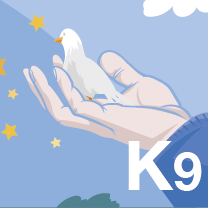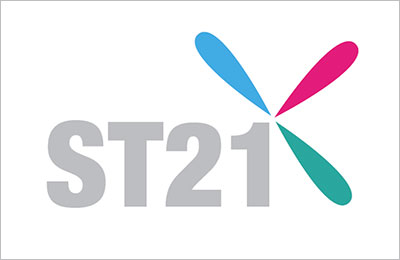K9 - Develop study and research programmes that reflect the needs of the heritage sector and share the findings

K9 Challenges
Knowledge challenges
- Identifying, preserving, transmitting and sharing heritage knowledge and skills
- Raising awareness of the values conveyed by heritage
- Ensuring heritage stakeholders have access to lifelong training
- Guaranteeing a high technical level for all heritage trades and crafts
K9 Target audience
- local
- regional
- national
- European
 Recommended courses of action for K9
Recommended courses of action for K9
- Identify relevant leads for these research studies and topics (top-down and bottom-up approaches)
- Encourage an interdisciplinary and international approach to heritage
- Study how heritage can help meet the needs of other sectors
- Disseminate the results of studies and research to professionals, decision makers and users
- Evaluate and ensure the sustainability of studies and research
- Introduce thematic study programmes in several regions
- Develop outreach programmes (lectures, courses, radio and television programmes, publications for specific readerships, etc.)
- Open research centres to the public
- Organise public meetings between professionals, researchers and users (heritage issues and debates)
- Highlight topics linking the disciplines (sciences and heritage, innovation and heritage)
- Support network-based European and international research co-operation
 Good practices for K9
Good practices for K9
28 févr. 2018 15:19:00



